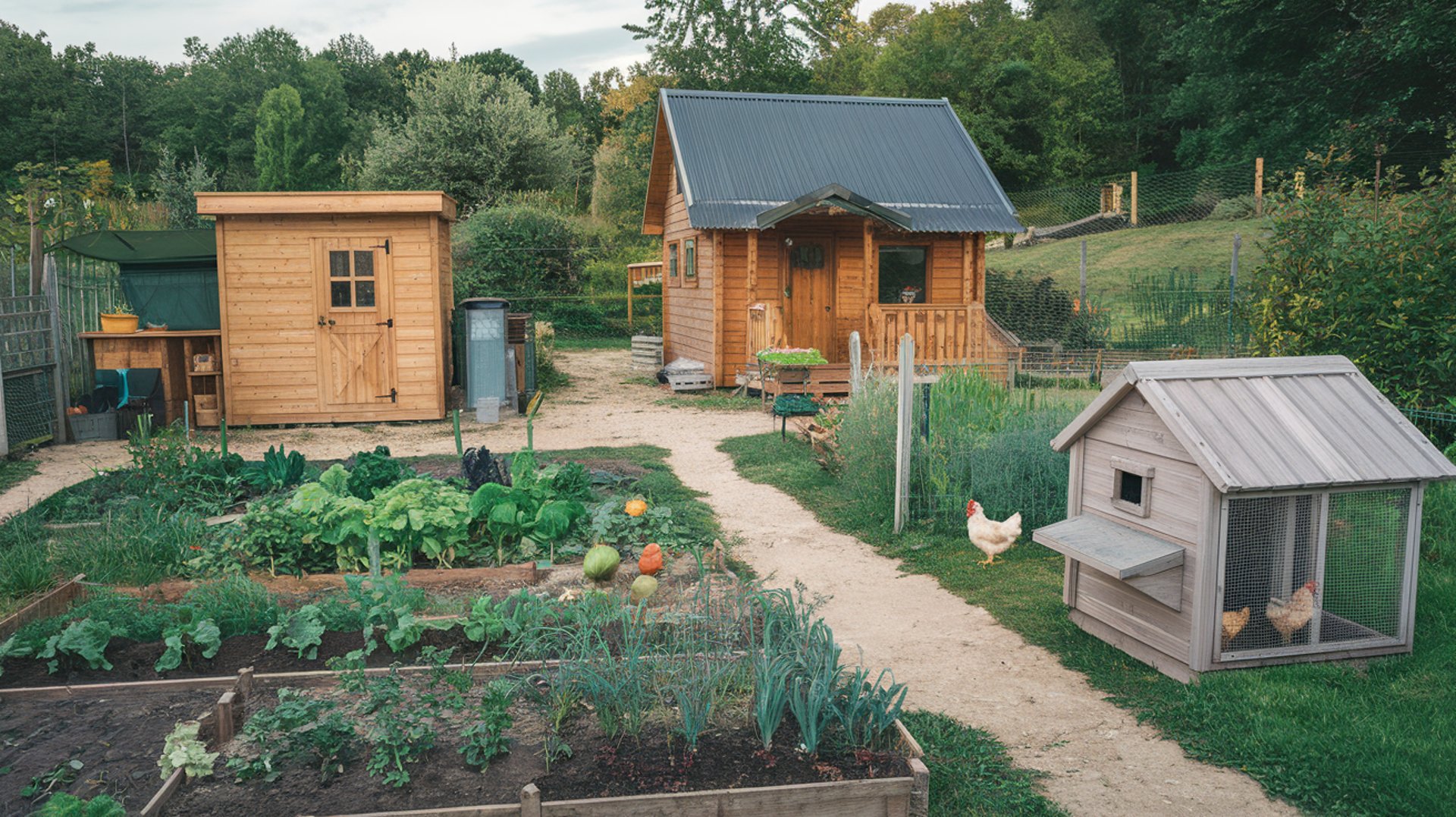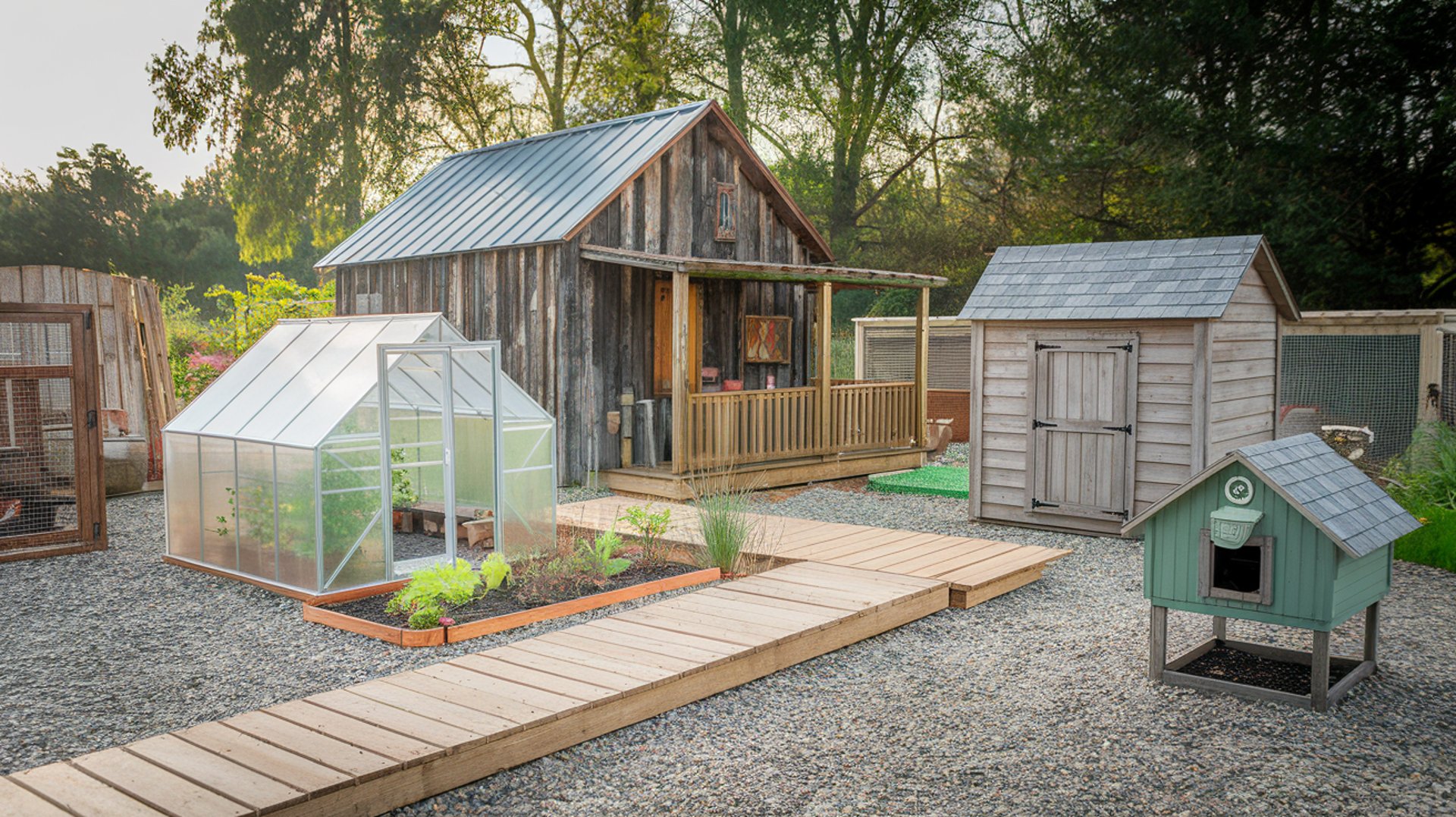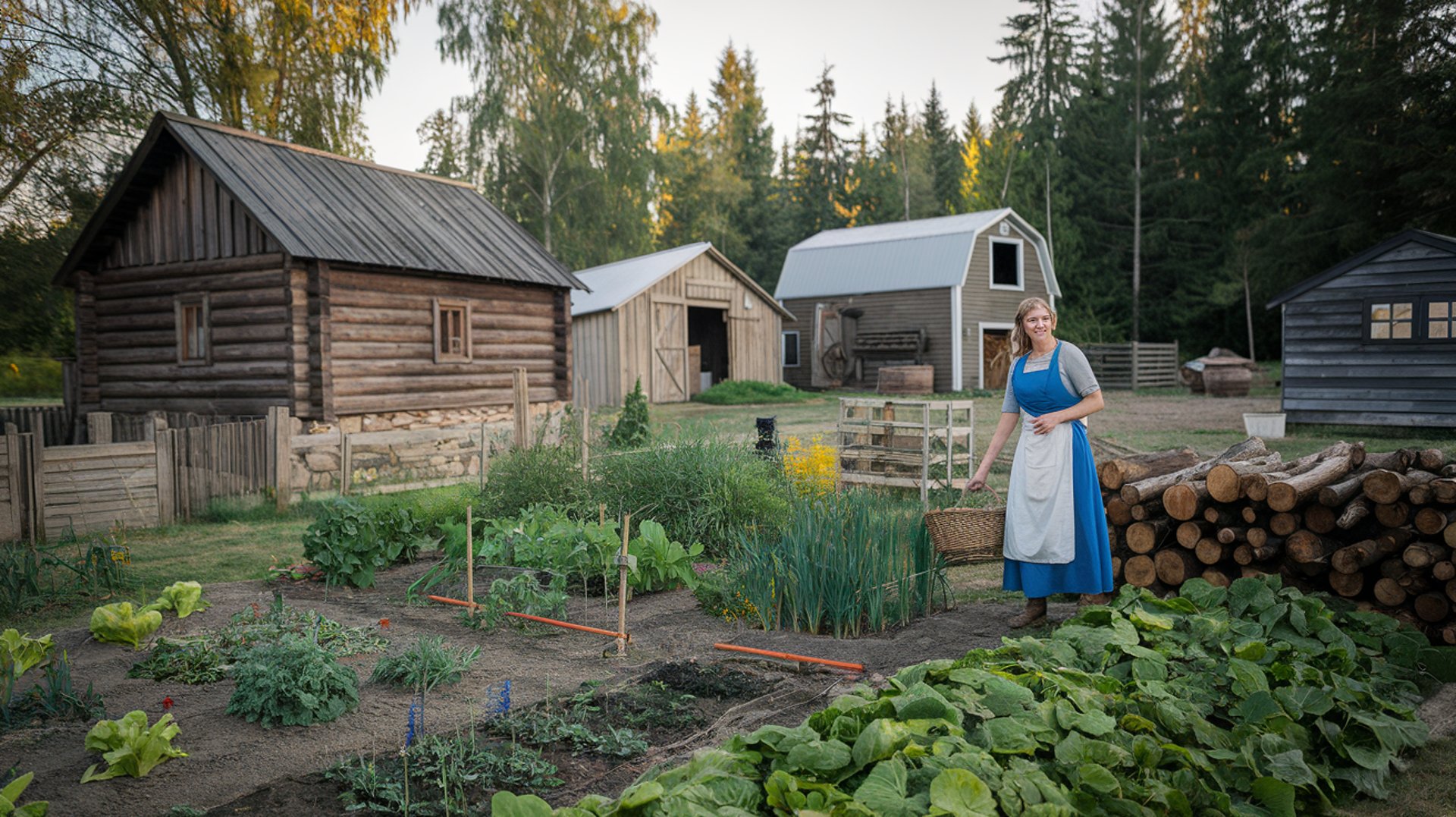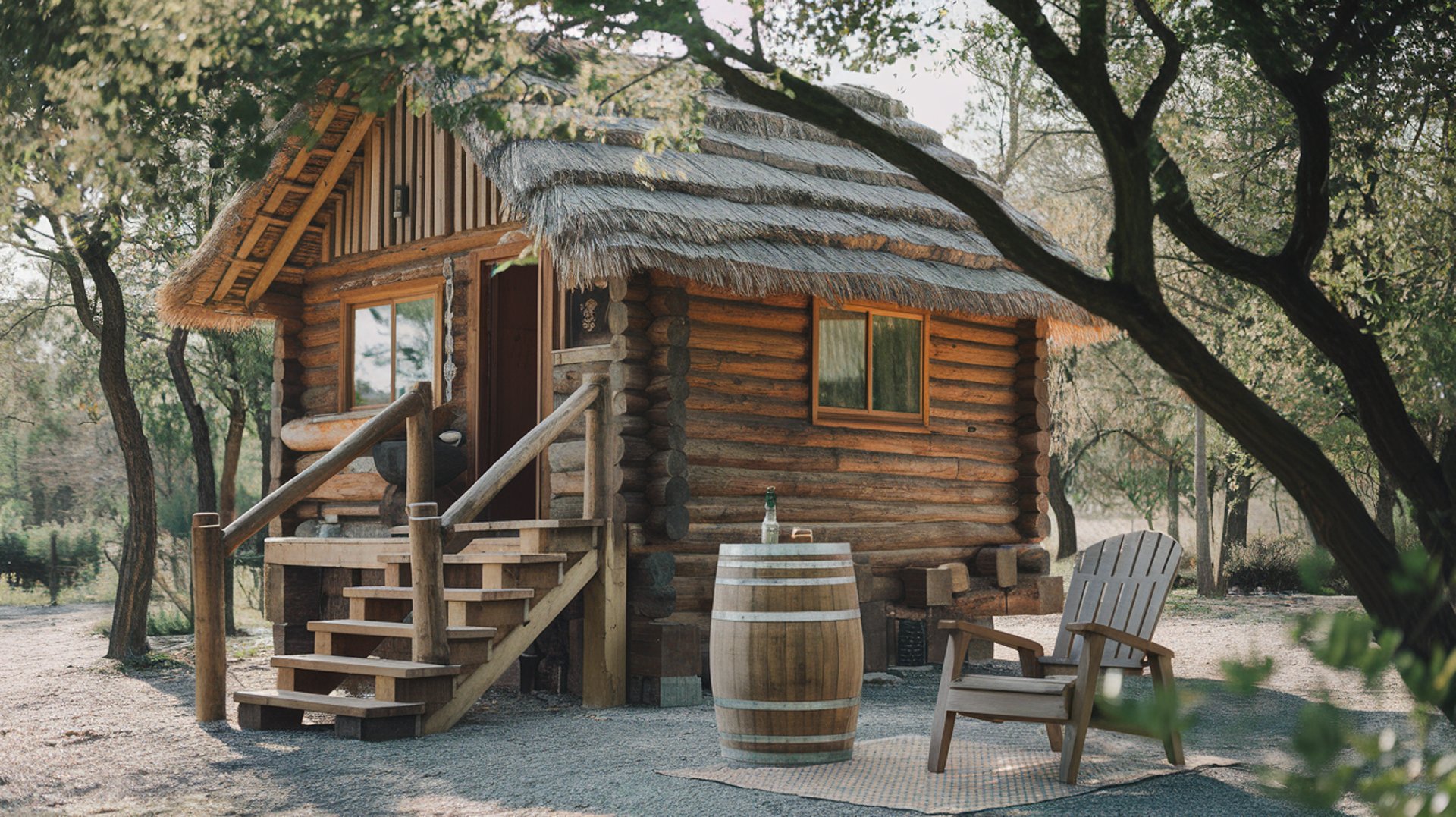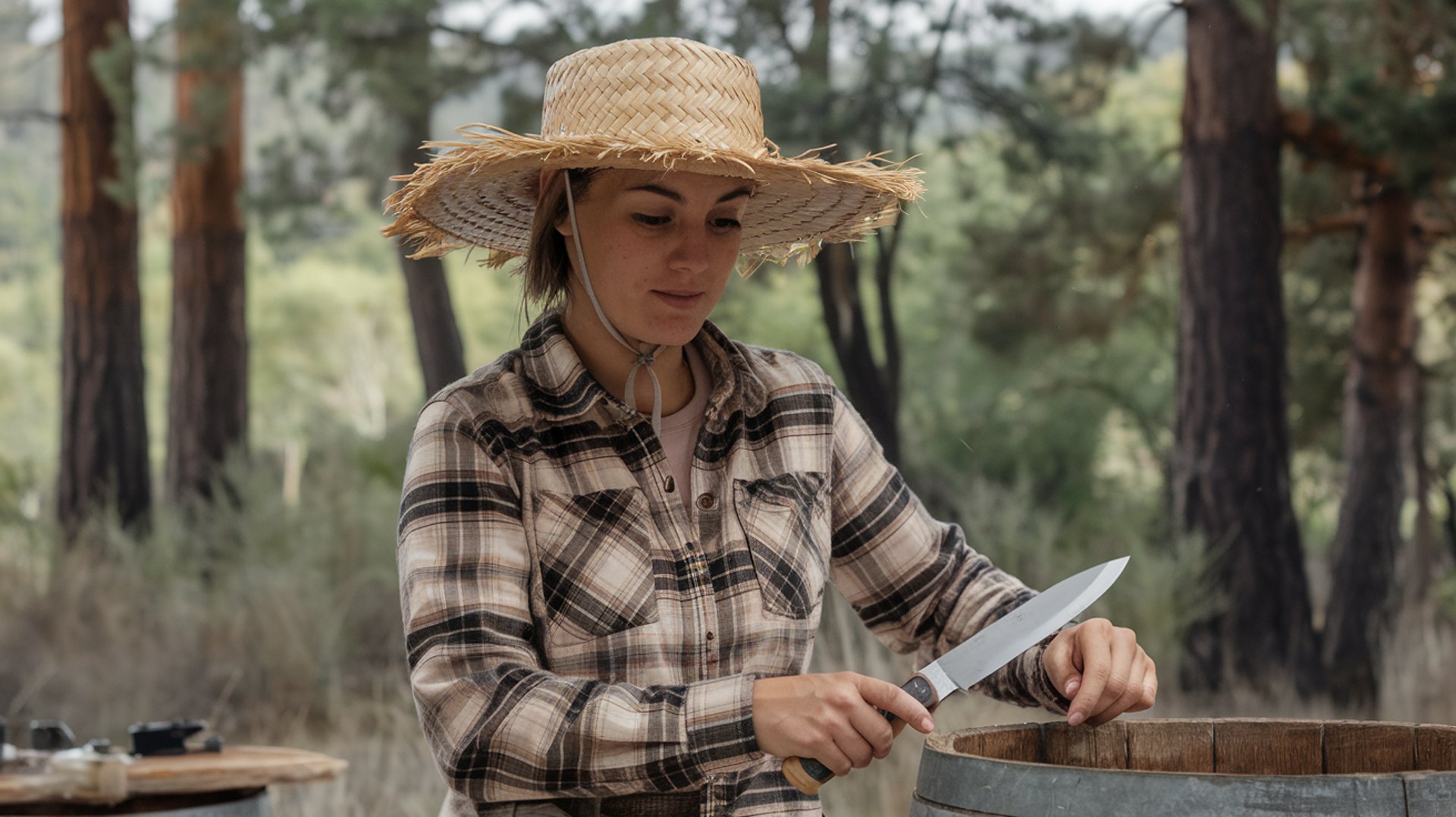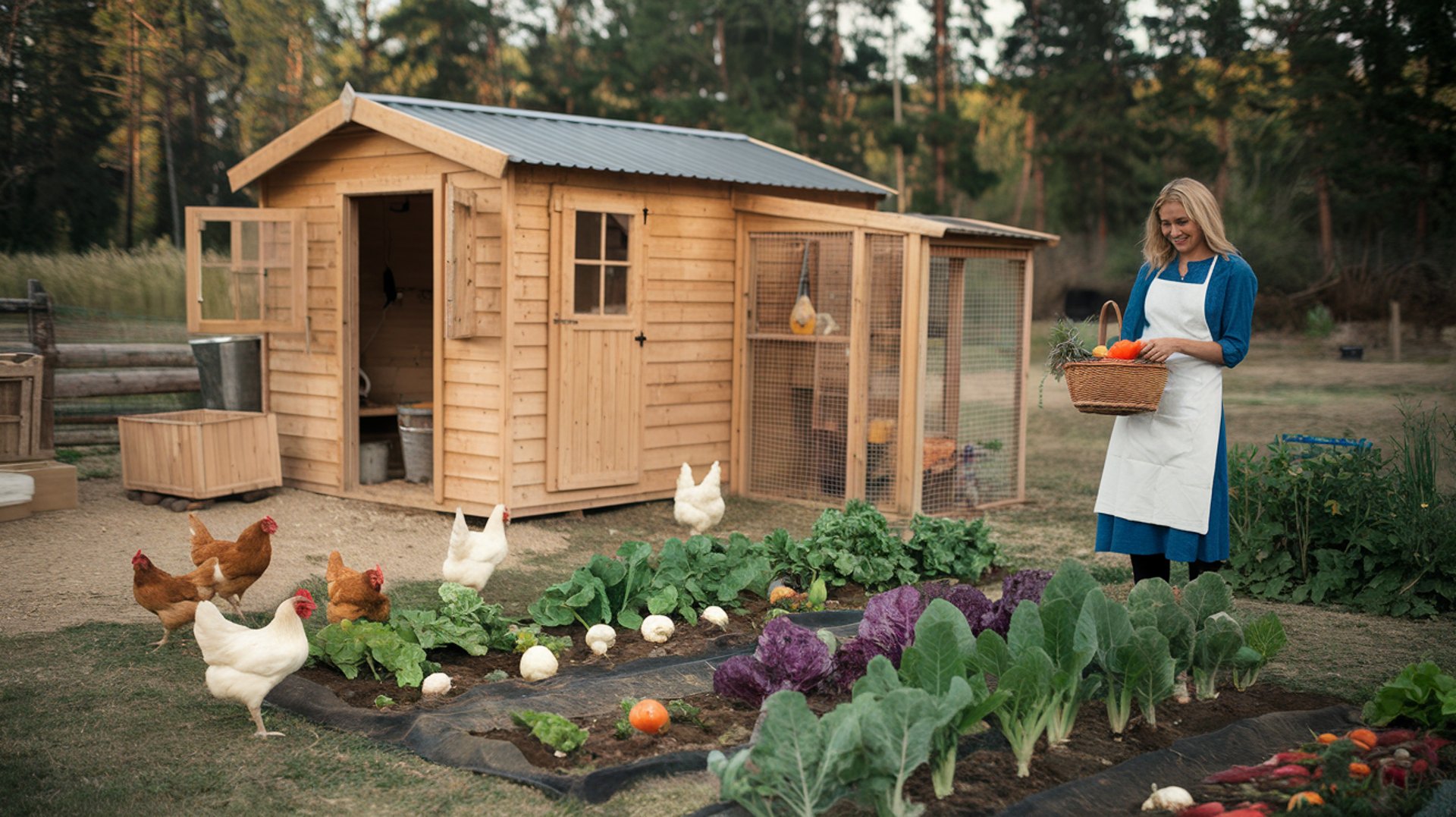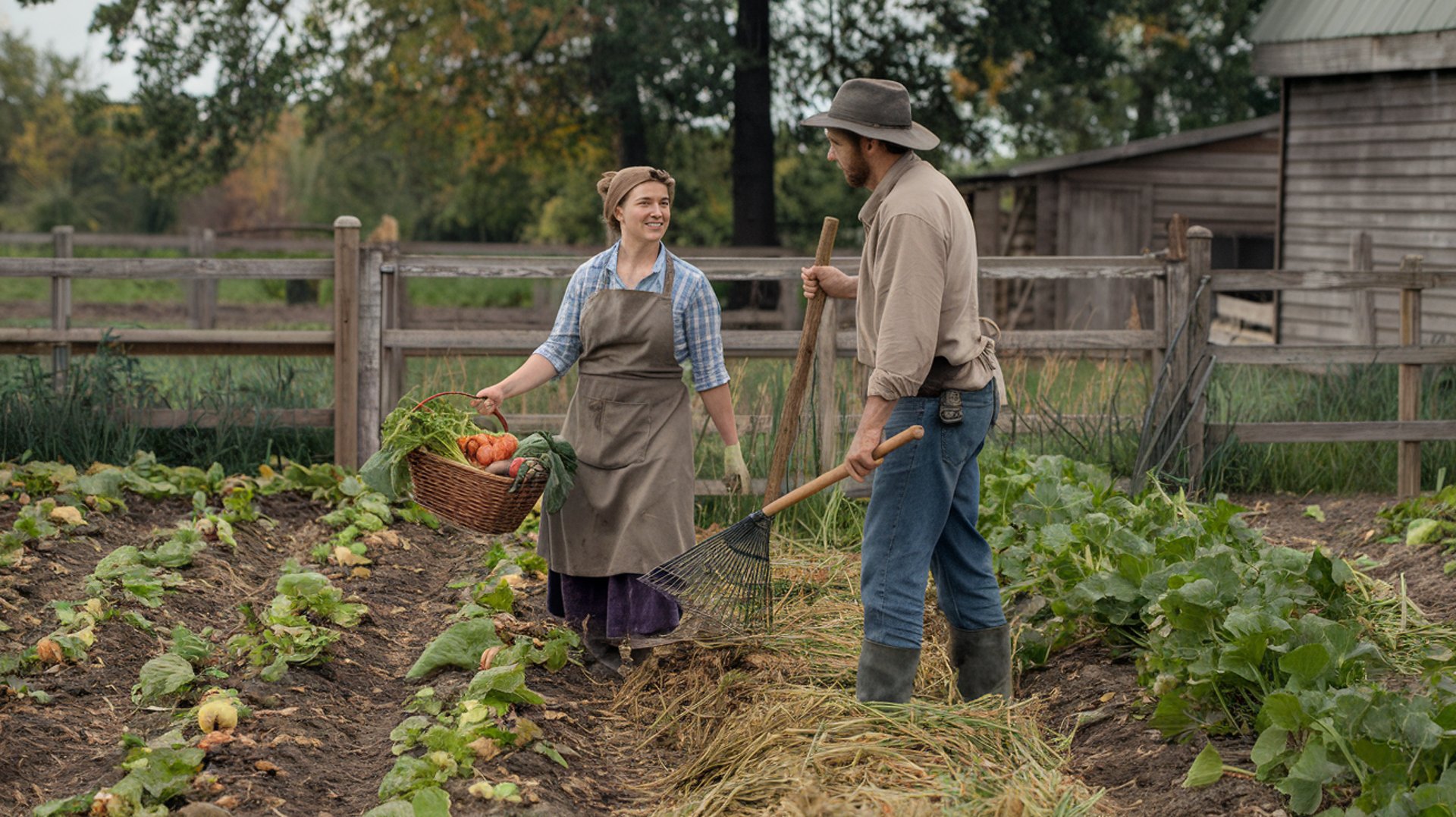12 Homesteading Ideas for a More Self-Sufficient Lifestyle
Homesteading is all about living a life of greater independence, relying on your own skills to grow food, produce energy, and build a sustainable lifestyle. Whether you’re a beginner or an experienced homesteader, there are always new ideas to implement and new ways to become more self-sufficient. Here are 12 inspiring homesteading ideas that can help you create a productive and resilient homestead.
12 Homesteading Ideas for a More Self-Sufficient Lifestyle
Homesteading is all about living a life of greater independence, relying on your own skills to grow food, produce energy, and build a sustainable lifestyle. Whether you’re a beginner or an experienced homesteader, there are always new ideas to implement and new ways to become more self-sufficient. Here are 12 inspiring homesteading ideas that can help you create a productive and resilient homestead.
1. Start a Vegetable Garden
Growing your own vegetables is a fundamental part of homesteading. Start small with a raised bed or container garden and gradually expand. Choose easy-to-grow vegetables like tomatoes, lettuce, and peppers. Gardening provides you with fresh, organic produce and helps you reduce your dependence on grocery stores. Experiment with vertical gardening if you have limited space.
2. Build a Greenhouse
A greenhouse is a great way to extend your growing season and ensure you have fresh produce all year round. Greenhouses protect plants from harsh weather, pests, and frost, making them a valuable addition to your homestead. Even a small DIY greenhouse made from recycled materials can help you grow fresh vegetables through the winter months.
3. Raise Chickens for Eggs
Chickens are a fantastic addition to any homestead. They’re relatively low-maintenance, provide fresh eggs, and their manure can be used as compost to enrich your garden soil. Raising chickens is a great way to start with livestock, as they’re beginner-friendly and offer multiple benefits. Plus, they can help control pests by eating bugs in your yard.
4. Start Composting
Composting is an essential practice for any homesteader. It allows you to recycle kitchen scraps, yard trimmings, and other organic materials into nutrient-rich compost for your garden. Set up a compost bin or pile in your backyard to reduce waste while improving the fertility of your garden soil. It’s a simple way to close the loop and make your homestead more sustainable.
5. Install a Rainwater Harvesting System
Water is a precious resource, especially for homesteaders with gardens or livestock. Installing a rainwater harvesting system helps you collect and store rainwater, which can be used to water your garden or provide for your animals. A rain barrel attached to your gutters is an easy and cost-effective way to get started with rainwater harvesting.
6. Learn to Preserve Food
Food preservation is a vital skill for every homesteader. Learn how to can, pickle, dehydrate, and freeze your harvest to ensure you have food all year long. Preserving food allows you to make the most of your garden’s abundance, and it helps you avoid waste. Start with simple recipes like jams, pickles, or dehydrated fruit and expand your knowledge over time.
7. Raise Bees for Honey
Beekeeping is a rewarding way to produce your own honey, beeswax, and even contribute to local pollination. Bees help pollinate your garden, increasing your vegetable and fruit yields. Plus, honey is a valuable natural sweetener that can be used in cooking or preserved for long-term storage. Beekeeping requires some initial investment and learning, but the rewards are worth it.
8. Plant a Fruit Orchard
If you have the space, consider planting a small fruit orchard. Fruit trees such as apple, pear, peach, or cherry can provide you with a bountiful harvest in just a few years. Once mature, they require little maintenance and continue to provide food year after year. You can also plant berry bushes like blueberries, raspberries, or blackberries to diversify your fruit supply.
9. Set Up a Solar Energy System
If you want to take your homestead off-grid, installing a solar energy system is a great way to start. Solar panels provide clean energy that can power your home, reducing your reliance on fossil fuels and saving you money in the long run. Even a small solar setup can make a big difference in your energy consumption and help you become more self-sufficient.
10. Build a Root Cellar
A root cellar is a time-tested way to store vegetables, fruits, and canned goods without the need for electricity. Root cellars maintain a cool, consistent temperature that preserves food for months. They’re ideal for storing root vegetables like potatoes, carrots, and onions, as well as fermented foods and preserves. Building a root cellar can greatly extend your food storage capacity.
11. Make Your Own Cleaning and Household Products
Homesteading is not just about food production; it also involves making your own household products. Learn to make natural cleaning products, soaps, candles, and even cosmetics. Using simple, natural ingredients like vinegar, baking soda, essential oils, and beeswax, you can make eco-friendly and affordable products that keep your home clean and toxin-free.
12. Try Vermiculture
Vermiculture, or worm composting, is a great way to compost food scraps, especially if you have limited outdoor space. Worms can efficiently break down organic matter into nutrient-rich compost, which can be used in your garden. Worm composting can be done indoors or outdoors, and it’s an excellent solution for apartment homesteaders or those with small backyards.
---
Homesteading is all about building skills, embracing sustainability, and working toward a self-sufficient lifestyle. These 12 homesteading ideas can help you create a productive and resilient homestead, regardless of your experience level. Whether you’re growing your first garden, raising chickens, or harvesting rainwater, each step you take will bring you closer to your goal of independence and a deeper connection to the land. Remember, homesteading is a journey—embrace the challenges, learn from your mistakes, and enjoy the rewards of a more intentional way of living.

